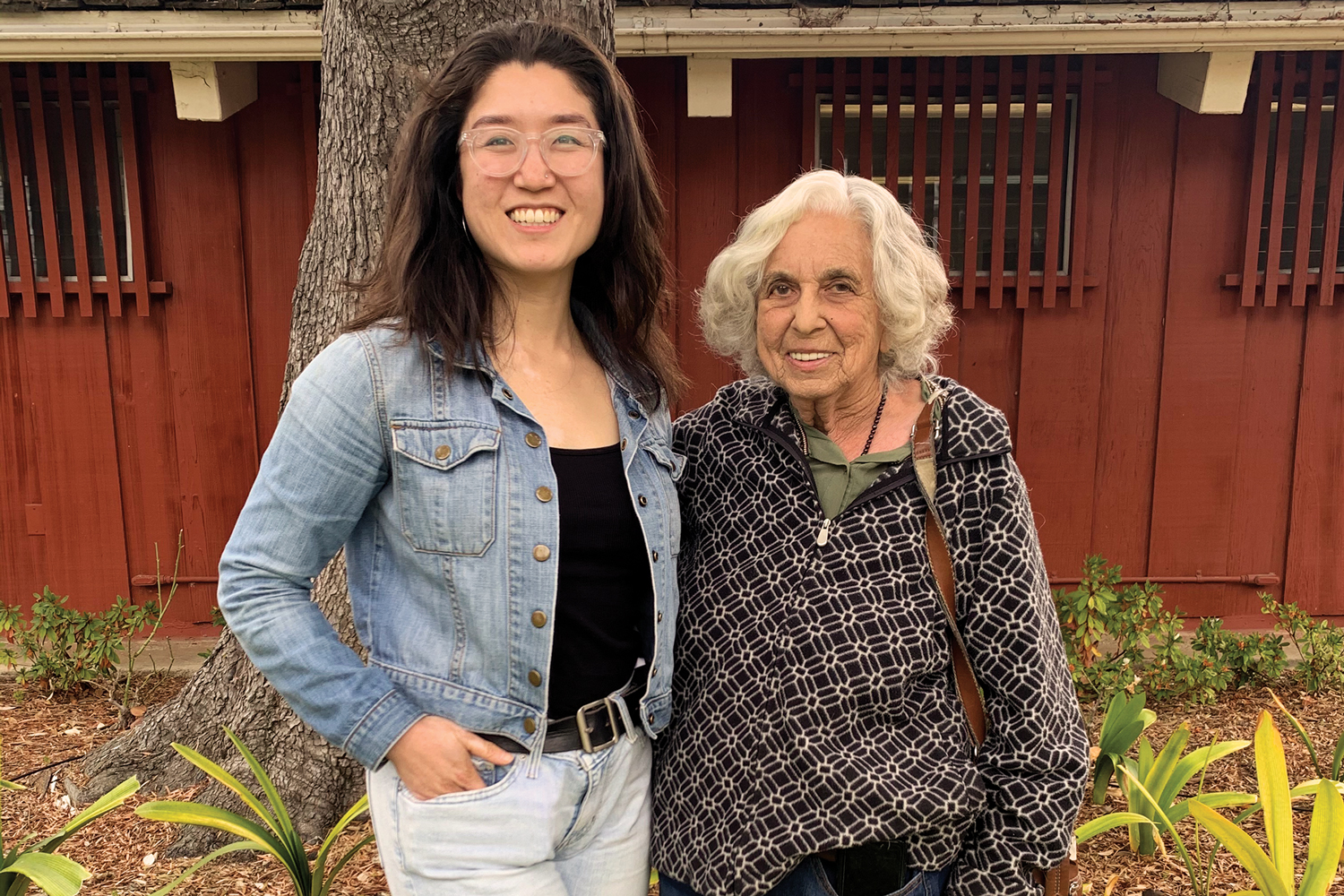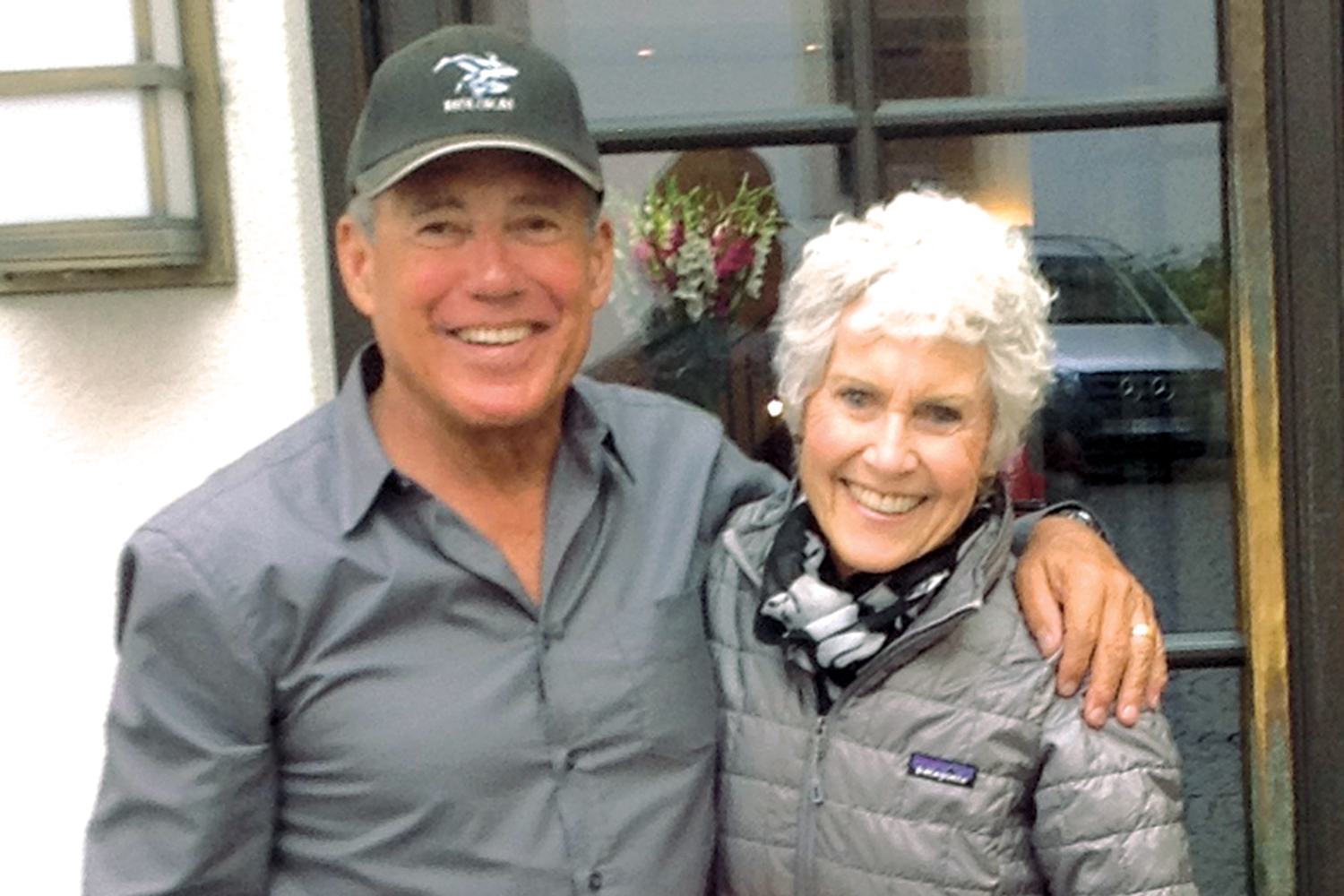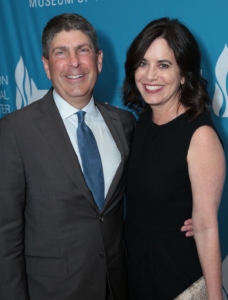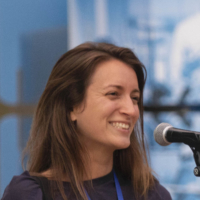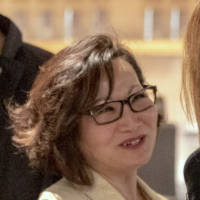SUPPORT FOR UCLA LUSKIN’S UNDOCUMENTED GRADUATE STUDENTS
UCLA Luskin’s student body includes a sizable number of undocumented individuals, some of whom are first-generation or come from low-income families. Over the summer, alumni, faculty and staff contributed to a fund launched to support undocumented master’s and Ph.D. students at the School.
These students already faced adversity, and the pandemic has hit them harder than ever. Many have lost jobs yet do not benefit from government stimulus programs. Undocumented students are not eligible to receive federal financial aid. And in addition to supporting themselves, some also contribute financially to their households.
The UCLA Luskin community has come together to provide funds for those with the most need, but more help is needed. Your support can help these talented master’s and doctoral students bridge the gap during this particularly challenging time, allowing them to purchase books, pay for tuition and fees, and manage the high cost of living in Los Angeles.
If you would like to help make an impact, please contact Associate Director of Development Laura Scarano at lscarano@luskin.ucla.edu.

Scholarship recipients Devina Ortega, left, and Sylvia Hopkins chat remotely with benefactor Laura Shell.
2 UNDERGRADS RECEIVE 2020 SHELL FAMILY CENTENNIAL SCHOLARSHIP
Third-year public affairs majors Devina Ortega and Sylvia Hopkins are the inaugural recipients of the Shell Family Centennial Scholarship, which was launched to benefit the Luskin School’s undergraduate program.
Laura Shell, a member of the UCLA Luskin Board of Advisors, and her husband, Jeff, established the endowed scholarship in 2019 to support students who have declared the public affairs major and have demonstrated financial need.
It was among the first awards established to support UCLA Luskin’s undergraduate students and was matched by the UCLA Chancellor’s Centennial Scholars Match Initiative. The initiative matches gifts for such scholarships at 50%.
The Shells met Hopkins and Ortega over Zoom this fall to engage in a conversation about their futures in policy work. The students also had an opportunity to talk about their experiences as UCLA students who are civically engaged even during a pandemic.
WHY DO ALUMNI GIVE BACK?
UCLA Luskin is grateful to all of its donors, but we are especially proud of the alumni who have been donating for 10 years or more. So, we spoke with them about why philanthropy is important. Here are their stories.
Astrid Beigel MA ’67, Ph.D. ’69 is one of the Luskin School’s most loyal donors, with 23 consecutive years of giving. In 1996, Beigel helped establish an award in memory of her friend and former professor of urban planning, Julie Roque. She hopes that, with her award, students are able to treat themselves to something fun that they normally wouldn’t consider doing. That is what her friend Julie would have wanted. Beigel believes it is not important how much you give, but that you simply do it, and carry on the memory of others.
Elaine Leader BA ’68, MSW ’70 says giving back has always been part of her culture, instilled by her parents from an early age. Inspired by their commitment to helping others in need, Leader founded a nonprofit called Teen Line to assist distressed youths dealing with troubled relationships; verbal, emotional or physical abuse; substance abuse; peer pressure; and other challenges. Leader continues helping others as one of the Luskin School’s most loyal donors, with 26 years of giving combined. She encourages others to give back because it not only helps the giver feel good but is even more meaningful to the receiver.
Celia Yniguez BA ’88, MA UP ’90 lives in Sacramento and has given to the Luskin School for nearly 20 years. As an alumni volunteer, she was involved with reviewing UCLA scholarship applications and saw firsthand the great need for student support. Yniguez received a
full scholarship to what is now UCLA Luskin and believes it is her duty to give back. In Sacramento, she often encounters others from the Graduate School of Architecture and from the Luskin School of Public Affairs, and she is impressed by their passion and desire to implement change. The students she encounters always energize her, and she feels that alumni need to do whatever they can to support them.
Kara Heffernan MA UP ’00, now based in New York City, loved studying planning at UCLA and engaging with complex issues in various neighborhoods throughout Los Angeles. Heffernan works for the City University of New York (CUNY). As an insider of higher education, she knows firsthand the constraints public universities face, as well as the importance of giving back. When Heffernan was in school, she knew that many students did not have the resources or access to achieve their greatest potential. That is why she is compelled each year to help current students with financial need succeed.
Scott Kutner BA ’81, MA UP ’85 and Linda Kutner BA ’84, MSW ’88 received their professional degrees before their schools merged to become part of the School of Public Affairs. Both received fellowships as students and now pay it forward by supporting UCLA Luskin. Scott Kutner believes that people do what they can based on their own circumstances but, for them, feeling like they are part of something larger than themselves is important and meaningful. Although the Kutners have increased their giving over the years, the gratification they feel from being a donor was just as strong in the beginning as now.
John Petrilla MPP ’09 and his wife, Bree, donate annually. John Petrilla quips that he has a personal debt to UCLA Luskin because he landed his first job out of school through the connections he made on campus. He says even if a person doesn’t feel personally indebted, it still benefits them to give back because more funding helps attract the best students through scholarships. Then, the reputation of one’s alma mater increases and that can benefit alumni too. By donating each year, he wants to ensure that others will have an experience that is just as good or even better than he had.
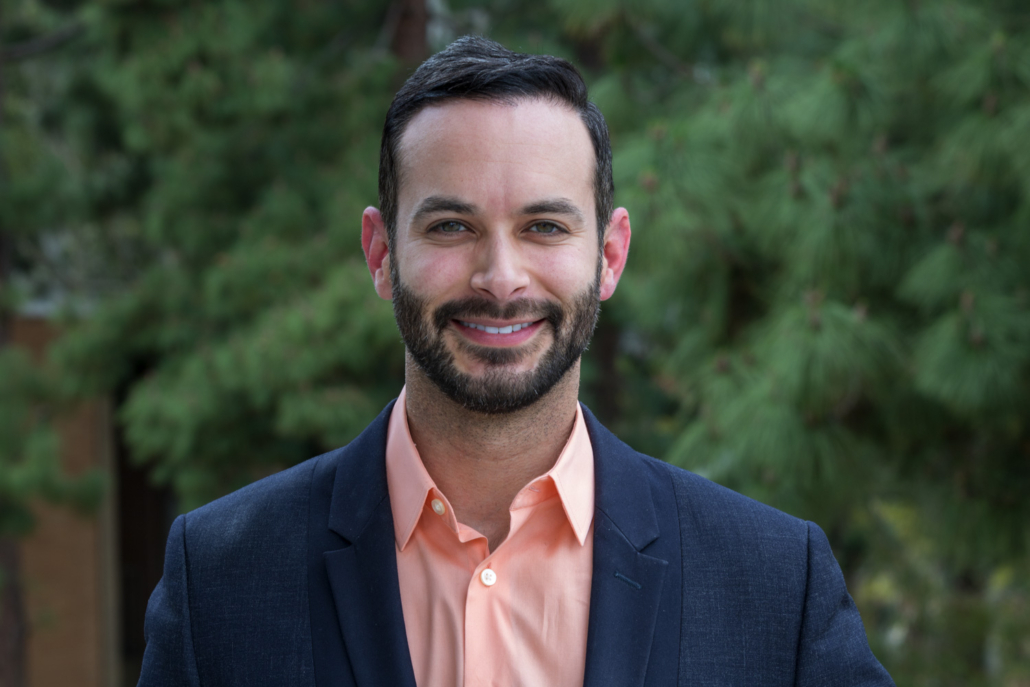
Ricardo Quintero
RICARDO QUINTERO: WORKING BEHIND THE SCENES TO KEEP THE LUSKIN SCHOOL STRONG
Few students would recognize him, but Ricardo Quintero is among the most crucial people supporting students at UCLA Luskin.
As director of development, Quintero is responsible for raising funds for the School and its many programs, faculty, research initiatives and scholarships. His role is critical to UCLA Luskin’s mission to train change agents at both the graduate and undergraduate levels.
So who is Quintero and what drives him to work to improve the UCLA Luskin student experience? We let him tell his story.
Where are you from?
I was born in Queens, New York, and I grew up in Statesville, N.C., a small town just north of Charlotte. My family relocated there when I was 5 years old and I’ve lived in Los Angeles since 2007.
How long have you been at UCLA Luskin?
I’ve been at Luskin for four years, and I have 13 years of fundraising experience at UCLA overall.
Tell us a little bit about your personal history. Why does higher education mean so much to you?
I was a first-generation college student so higher education has always been important to me. It was my pathway to success, and the experience was deeply and personally rewarding. However, I wasn’t ready to attend a four-year university straight out of high school due to financial and other personal reasons. But I knew a college education was essential for my future. So to get there, I enlisted in the Marine Corps and utilized my GI Bill and a scholarship to pay for school after leaving the service.
What motivates you most to do what you do for Luskin?
I believe in our mission and supporting our amazing students. I’m always impressed by the caliber of their work and the impact our graduates are having in their communities and beyond. People establish scholarships and fellowships for many reasons, and each one is heartfelt, for the donor as well as for us at UCLA Luskin. These gifts help us compete for top students, provide unique opportunities and better prepare our graduates for career success.
Is there a particular student or a donor who has inspired you in your time at Luskin?
I have so many, but they all share a through-line: connecting donors with the students who benefit from their support. It is one of the most rewarding aspects of my job. Donors get to see the direct impact of their investment, and our students learn, as recipients of someone else’s philanthropy, the importance of paying it forward.



